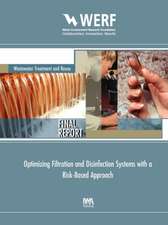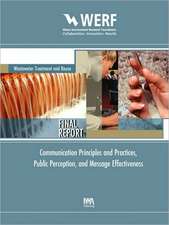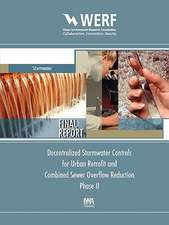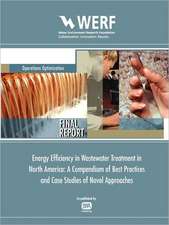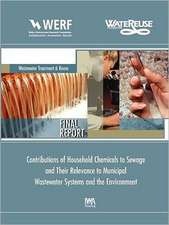Cost-Benefit Analysis of Environmental Goods by Applying Contingent Valuation Method: Some Japanese Case Studies
Autor Uddin Sarwar Ahmed, Keinosuke Gotohen Limba Engleză Paperback – 23 noi 2014
| Toate formatele și edițiile | Preț | Express |
|---|---|---|
| Paperback (1) | 634.49 lei 43-57 zile | |
| Springer – 23 noi 2014 | 634.49 lei 43-57 zile | |
| Hardback (1) | 640.71 lei 43-57 zile | |
| Springer – 15 dec 2005 | 640.71 lei 43-57 zile |
Preț: 634.49 lei
Preț vechi: 746.47 lei
-15% Nou
Puncte Express: 952
Preț estimativ în valută:
121.45€ • 131.96$ • 102.08£
121.45€ • 131.96$ • 102.08£
Carte tipărită la comandă
Livrare economică 21 aprilie-05 mai
Preluare comenzi: 021 569.72.76
Specificații
ISBN-13: 9784431546412
ISBN-10: 4431546413
Pagini: 176
Ilustrații: XVI, 159 p.
Dimensiuni: 155 x 235 x 9 mm
Greutate: 0.25 kg
Ediția:2006
Editura: Springer
Colecția Springer
Locul publicării:Tokyo, Japan
ISBN-10: 4431546413
Pagini: 176
Ilustrații: XVI, 159 p.
Dimensiuni: 155 x 235 x 9 mm
Greutate: 0.25 kg
Ediția:2006
Editura: Springer
Colecția Springer
Locul publicării:Tokyo, Japan
Public țintă
ResearchCuprins
Overview.- Contingent Valuation Method.- Case Study 1: The Isahaya Bay Wetland (IBW).- Overview of the IBW.- Environmental Valuation of the IBW.- Recalculating Cost-Benefit Analysis of the IBRP.- Case Study 2: Public Parks.- Estimation of the WTP for Preserving Public Parks.- Case Study 3: The Huis Ten Bosch.- Overview of the HTB.- Environmental Valuation of the HTB.- Calculating Cost-Benefit Analysis of the HTB.- New Approaches for Environmental Valuation.- Effect of Distance on Willingness to Pay.- Free Comments in CV Survey and Their Impact on WTP.- Integration of CVM and Remote Sensing Technique for Environmental Valuation.- Effect of Question Format on WTP in CV Studies.- Summary and Conclusion.- Policy Recommendations and Conclusion.
Caracteristici
The basic approach of cost-benefit analysis (CBA) followed in Japan for both public and private projects The way to incorporate socio-environmental factors, e.g., public opinion regarding a development project in the CBA Using remote sensing technique can check CBA conducted by following economic technique such as contingent valuation method The most important factors influencing the environmental valuation and CBA in Japan Finally, incorporating opinion of various interest groups (stakeholders) can ensure the sustainability of a development project and reduce public debate afterwards



